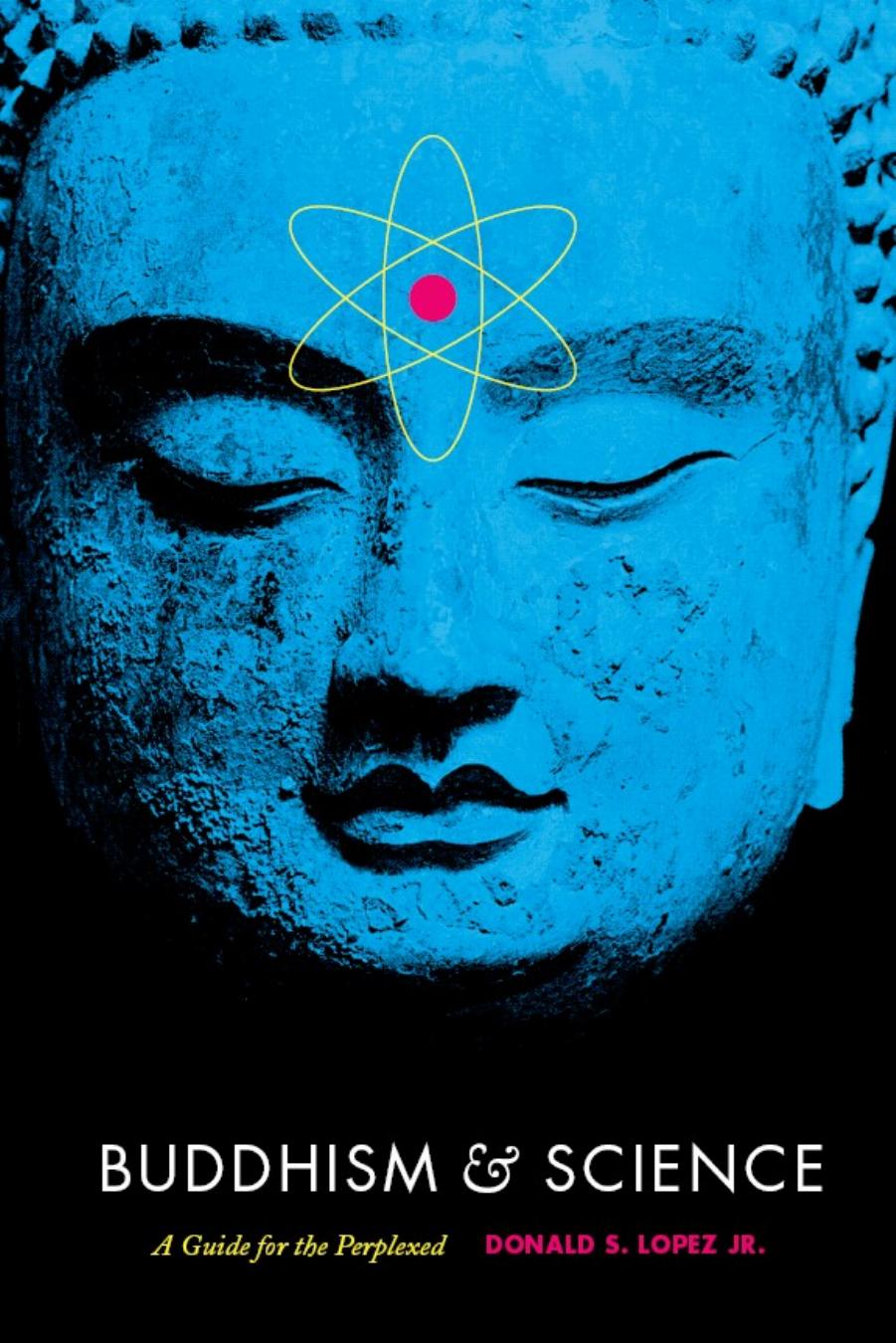Buddhism and Science: A Guide for the Perplexed by Donald S. Lopez Jr

Author:Donald S. Lopez Jr.
Language: eng
Format: azw3, pdf
ISBN: 0226493121
Publisher: University Of Chicago Press
Published: 2008-11-02T00:00:00+00:00
And as science changes, does Buddhism, renowned for its doctrine of impermanence, remain ever the same? Historians have duly documented the various transformations of Buddhist thought that have occurred across Asia over many centuries. But from the Buddhist perspective, the Buddhist truth is timeless; the Buddha understood the nature of reality fully at the moment of his enlightenment, and nothing beyond that reality has been discovered since, because nothing beyond that reality exists. Thus, in order to maintain the claim that Buddhism is compatible with Science, as Science continues to change, it has been necessary for Buddhist thinkers to change the unchanging truth said to be at the heart of Buddhism. From one perspective, this is exactly how Buddhist thought has developed, with monks across Asia refining and redefining the tradition, but with the constant claim that they are engaged always in recovery, never in innovation. All of the innovations in the history of Buddhist thought have been presented as reclamations of the content of the Buddha's enlightenment.
Awe can become awful; fascination can turn to fear. The scientific wonders that Gendun Chopel and his Buddhist brethren saw, heard, and read about, despite their hypothetical anticipation by the Buddha of Asia, were in fact all products of foreigners. Fear of the foreign is perhaps endemic, as the encounter with the unfamiliar breeds misapprehension and suspicion. Gendun Chopel relates elsewhere that when the Portuguese arrived in Sri Lanka, the Sinhalese reported that the foreigners ate rocks and drank blood; he speculates that they saw them eating bread and drinking tea. And the foreigners who brought science to South Asia were not benign. They were colonizers, and Gendun Chopel speaks scathingly of the British elsewhere in his writings. Describing the first wave of European colonialism, he writes, "Sponsored by kings and ministers who disregarded others' welfare, they trod upon the happiness of others like a turnip on the ground, sending out a great army of bandits, calling them `traders."'8 Describing the British India he encountered in the 1930s, he writes:
Download
Buddhism and Science: A Guide for the Perplexed by Donald S. Lopez Jr.pdf
This site does not store any files on its server. We only index and link to content provided by other sites. Please contact the content providers to delete copyright contents if any and email us, we'll remove relevant links or contents immediately.
| Buddhism | Christianity |
| Ethnic & Tribal | General |
| Hinduism | Islam |
| Judaism | New Age, Mythology & Occult |
| Religion, Politics & State |
Cecilia; Or, Memoirs of an Heiress — Volume 1 by Fanny Burney(31324)
Cecilia; Or, Memoirs of an Heiress — Volume 3 by Fanny Burney(30928)
Cecilia; Or, Memoirs of an Heiress — Volume 2 by Fanny Burney(30885)
The Secret History by Donna Tartt(16610)
Sapiens: A Brief History of Humankind by Yuval Noah Harari(13040)
Leonardo da Vinci by Walter Isaacson(11896)
The Radium Girls by Kate Moore(10902)
Sapiens by Yuval Noah Harari(4531)
The Wind in My Hair by Masih Alinejad(4420)
How Democracies Die by Steven Levitsky & Daniel Ziblatt(4392)
Homo Deus: A Brief History of Tomorrow by Yuval Noah Harari(4273)
Endurance: Shackleton's Incredible Voyage by Alfred Lansing(3834)
The Silk Roads by Peter Frankopan(3752)
Man's Search for Meaning by Viktor Frankl(3623)
Millionaire: The Philanderer, Gambler, and Duelist Who Invented Modern Finance by Janet Gleeson(3565)
The Rape of Nanking by Iris Chang(3508)
Hitler in Los Angeles by Steven J. Ross(3431)
The Motorcycle Diaries by Ernesto Che Guevara(3325)
Joan of Arc by Mary Gordon(3253)
